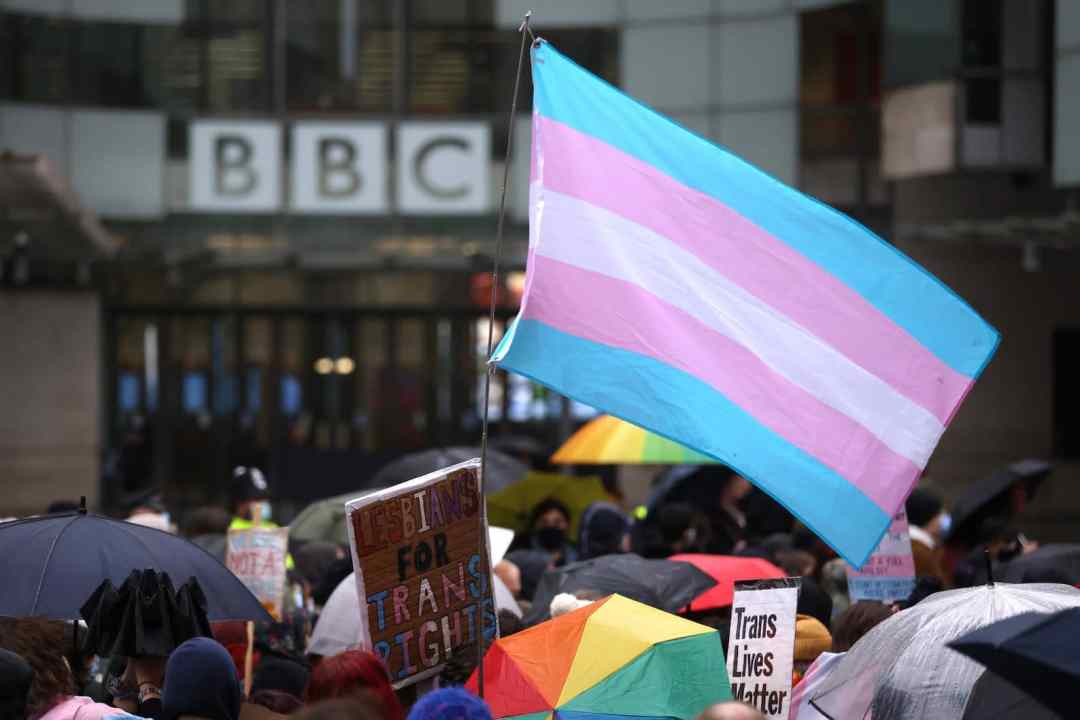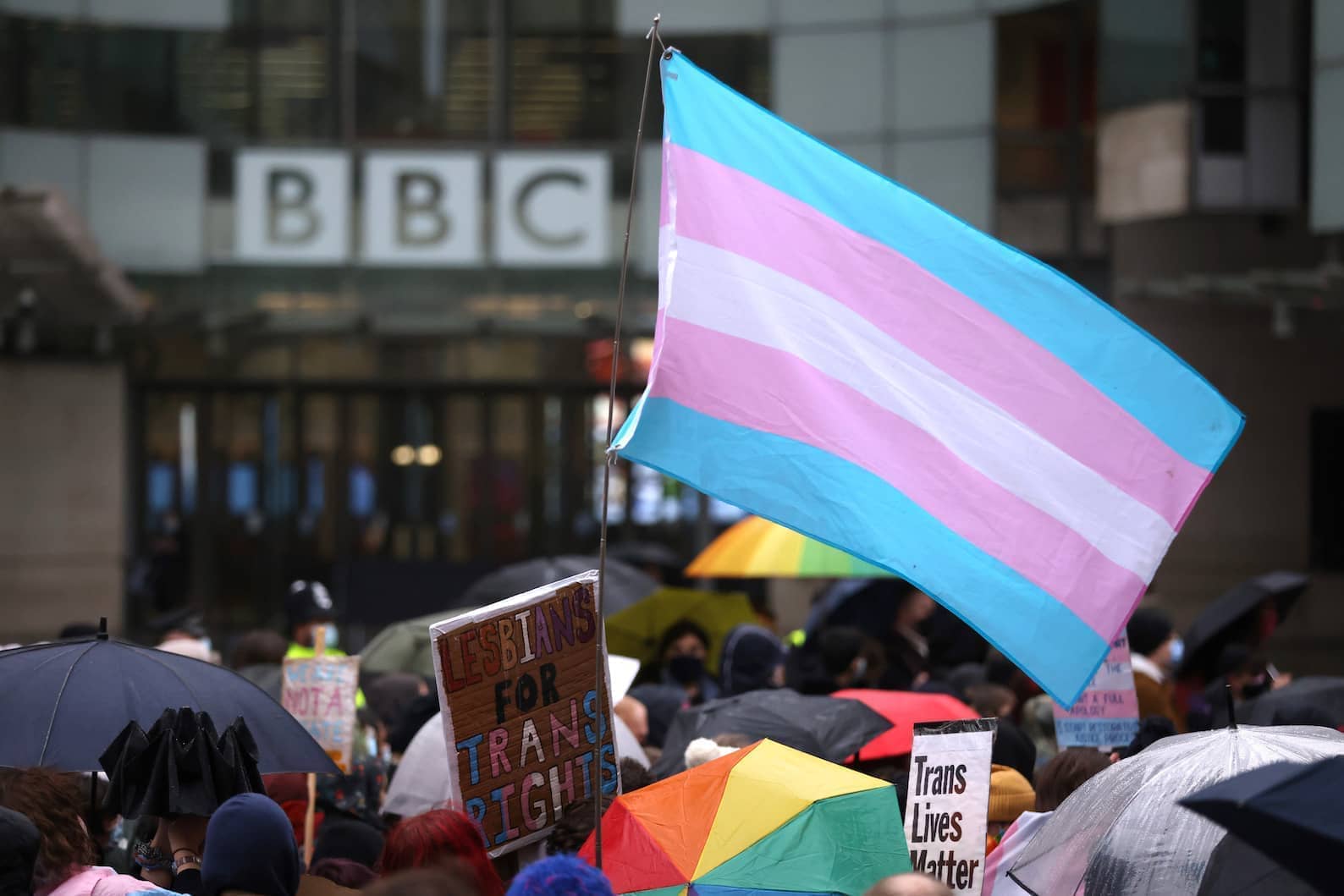Two things all journalists and all politicians should always remember. Britain is not Twitter. Britain is not America. The nasty division of social media is not reflective of the wider public. And the issues that are sometimes debated online are often on the agenda because of American, rather than British, concerns.
There is good evidence that Britain is a more cohesive and less divided society than many accounts suggest. Adding to that evidence is a nice report out this week from Global Future, a think-tank interested in social issues.
Based on a big YouGov poll, it finds that people are – surprise, surprise – more sophisticated and complicated than they appear online. Take British history, for example: 77 per cent of people say Britain has been a force for good in the world. And 67 per cent say it has also done harm. Simple ‘for or against’ debates don’t capture the reality of an electorate capable of accepting that things like history are complicated and that countries, like people, can do both good and bad things.
Party politics doesn’t really come into this either: 65 per cent of Labour voters think Britain has been a force for good while 74 per cent of Tories accept that Britain has done some harm too. No wonder most people find noisy rows about pulling down statues a bit baffling.
All the evidence I’ve seen suggests that most people don’t know much about sex, gender, trans and rest
Probably the most heated bit of the online culture war story is around sex and gender. I’ve written a lot about this, for several reasons. Mass appeal is not one of them: I’ve never suggested or believed that this issue tops the agenda for most voters. All the evidence I’ve seen suggests that most people don’t know much about sex, gender, trans and rest. Their default position is generally that everyone should be allowed to live their lives unbothered and with respect. Some worry that they can’t ask questions or debate the matter for fear of being thought intolerant. Most of all, they don’t feel like they have full information.
But what happens when they get that information? The Global Future report does a good job of setting out the importance of facts. It finds, again, that people are inclined to be tolerant and accepting of people changing their gender identities. Happily, this is not an intolerant or transphobic country. But what sort of transition do people have in mind? The single most important fact about recent debates around sex and gender is the shift that has taken place from ‘transsexual’ to ‘transgender’.
The former term, now rarely used and regarded as offensive by some, denoted a person who had undertaken a surgical change, altering their genitals to match those of their chosen gender. Transgender, by contrast, does not denote physical change. Under most definitions of that term offered by advocacy groups, a person can be ‘trans’ without making any change to their body. This is enormously important, for all sorts of reasons. It’s the reason that some people will argue earnestly that a woman can have a penis or a man can give birth.
But despite its importance, that conceptual shift has never been clearly explained to the wider public. Is that deliberate? Have advocates of trans rights decided not to highlight the fact that they’ve broken the link between anatomy and identity? That’s a question for another day.
What is clear is that lots of people don’t know that you can be ‘trans’ without surgery. And when they find out, their views change. So in that Global Future poll, 43 per cent of people said they believe that trans women and trans men should be recognised as the gender they have transitioned to – provided they’ve had surgery. (Lots of people say they don’t know either way.)
But without surgery, those figures fall sharply: only 25 per cent think a trans man should be recognised as male without surgery. Just 24 per cent of people agree that transwomen are women if they haven’t had genital surgery. As the Global Future report notes:
People are supportive of gender recognition superseding biology if it is clear that gender reassignment surgery is involved . However, this does not translate into support for self-identification.
In other words, the British public is tolerant and inclusive on trans issues, while also believing the objective biological reality is more important than subjective ideas of gender identity. Facts matter. And those facts should be set out to the public, clearly and calmly, so they can reach their own informed conclusions. As Global Future puts it:
It is also worth caveating our findings with an acknowledgement that a relatively high number of people are ‘not sure’ what they believe on this issue compared to other questions. Consistently about a third of respondents say they are not sure. This could reflect competing understandings – or even little understanding – of the debate around sex and gender. This again reinforces the need for greater clarity and precision in terms of language within the discourse around these contested issues.
I agree. I also think this should be as important to people on the ‘trans rights’ side of this issue as it is to the ‘gender critical’ side. Because without that open, factual debate, no policy intended to benefit trans people is likely to win sustainable public support. Yet lots of trans rights policies and practices have been adopted in recent years without that open debate. Many of those changes are now facing serious challenge, in areas including healthcare, sport, public services and the law.
And all of those challenges point to the same fact: that as more people become aware that ‘transgender’ entails breaking that fundamental link between a person’s anatomy and their identity, the more they question the changes that flow from that vital yet rarely explained linguistic shift. Policy implemented without full public debate is built on sand.








Comments